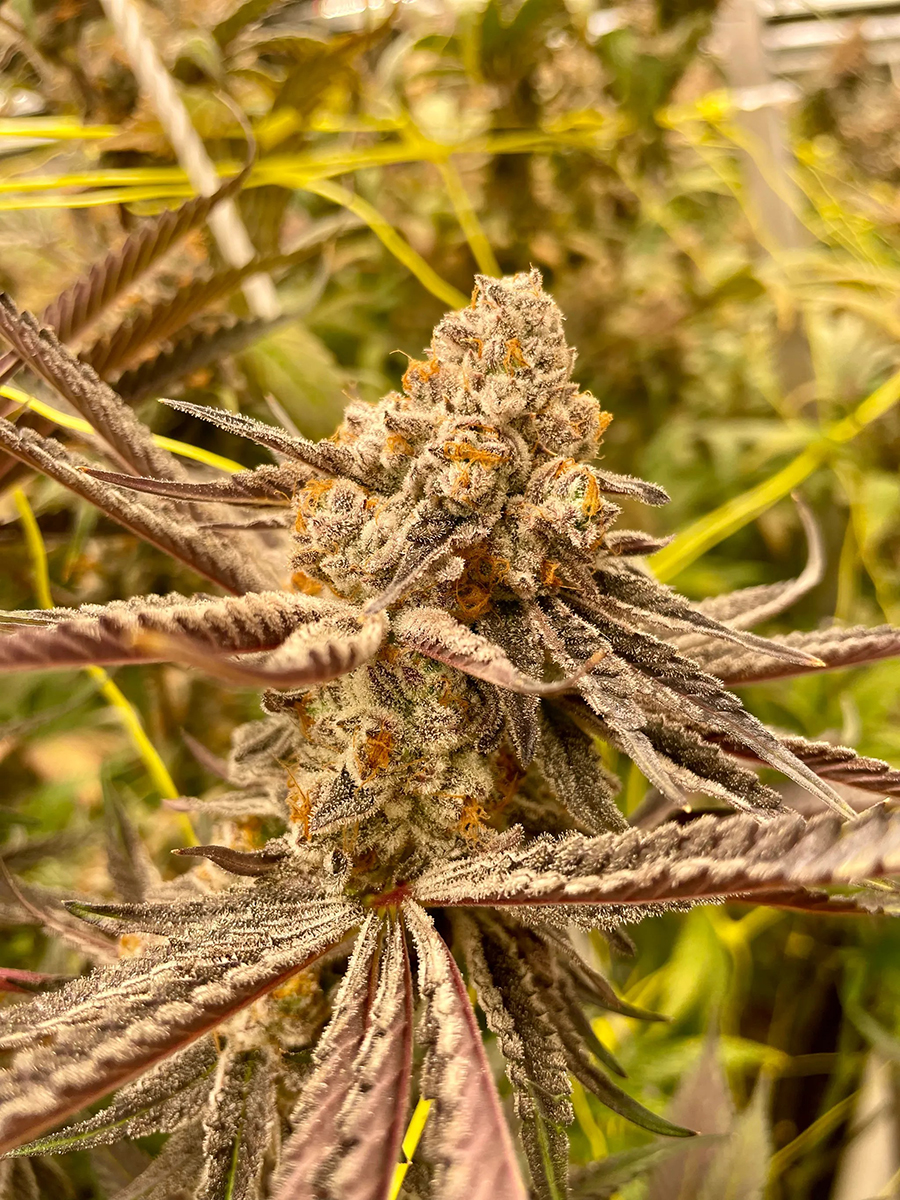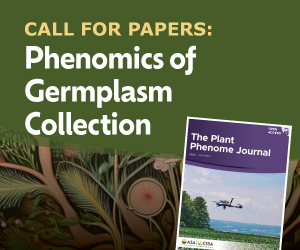The genetic script of cannabis chemistry

Cannabis (Cannabis sativa) is an increasingly important plant for both medicinal and industrial uses. Its therapeutic potential is largely attributed to cannabinoids—chemicals that interact with the human endocannabinoid system, a cell-signaling system that regulates human physiological processes, like the feelings of satiety and pain. Despite their significance, the genetic basis of cannabinoid production remains largely unexplored.
Researchers from Université Laval conducted the first foundational study that dissects the genetic architecture of cannabinoid biosynthesis in drug-type Cannabis. It addresses a major gap in our understanding of how genetic variation influences the production of key cannabinoids such as THC and CBD.
By analyzing a large and genetically diverse population, the researchers identified key genomic regions controlling cannabinoid production, including a massive haplotype—an inherited block of DNA containing multiple biosynthetic genes—that plays a central role in regulating cannabinoid levels. These findings provide a clearer picture of the complex genetic mechanisms underlying cannabinoid biosynthesis.
The identification of these genomic regions offers a valuable resource for marker-assisted selection and accelerates the development of cannabis cultivars with tailored cannabinoid profiles. This work lays the groundwork for more precise and efficient breeding strategies, supporting the advancement of cannabis as a scientifically optimized crop for medical, wellness, and industrial applications.
Dig deeper
de Ronne, M., & Torkamaneh, D. (2025). Discovery of major QTL and a massive haplotype associated with cannabinoid biosynthesis in drug-type Cannabis. The Plant Genome, 18, e70031. https://doi.org/10.1002/tpg2.70031
Text © . The authors. CC BY-NC-ND 4.0. Except where otherwise noted, images are subject to copyright. Any reuse without express permission from the copyright owner is prohibited.







